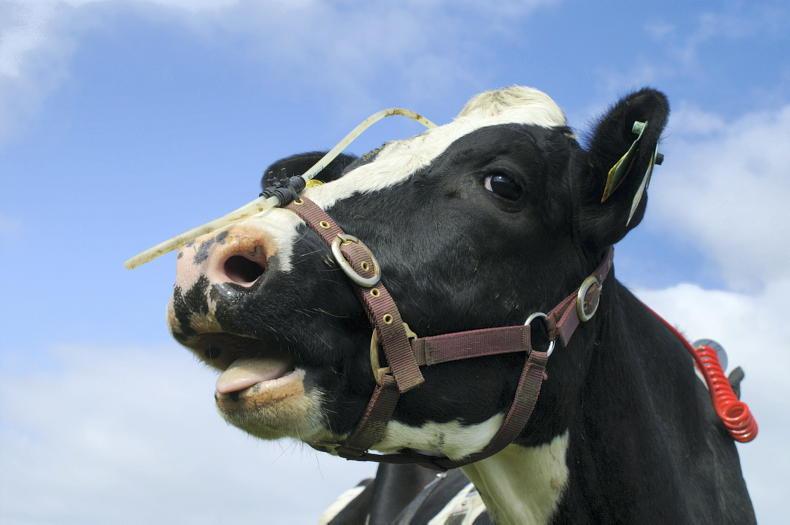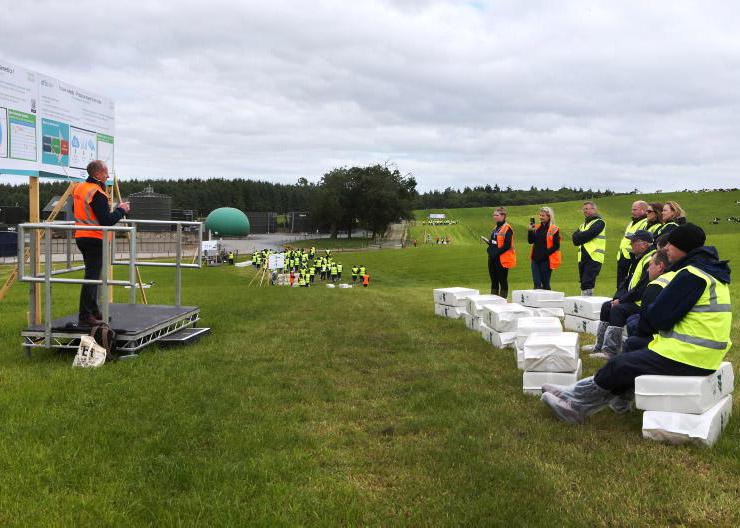A methane vaccine is at least a decade away, according to Dr Harry Clark, director of the New Zealand Agricultural Greenhouse Gas Research Centre.
Methane emissions reductions are essential in the fight to stop global warming and this researcher is excited by the new technologies in development and is on a mission to find a practical solution for farmers.
“We’re investing very heavily in trying to develop a vaccine, but it’s technically incredibly challenging,” Clark told the Irish Farmers Journal.
The reason it excites us is it can be used in every animal. It’s very practical
“We can get it to work in a laboratory. We can inject an animal, get it to produce antibodies, but they’re not knocking down methane.
“The reason it excites us is it can be used in every animal. It’s very practical. You can use it in sheep, dairy cattle, beef cattle and you might only have to give it once a year.”
This is in contrast to feed additives containing seaweed. Clark was very clear that these additives do work to reduce methane.
However, they are not a very practical solution for all animals, particularly animals that are not coming in to be milked.
The researcher explained that a lot needs to be learned on how to grow and process this seaweed efficiently. He explained that the challenge with seaweed was not to find out if it works, but if it is practical and cost-effective.
Clark described new spraying technology that can identify a urine patch and spray an inhibitor on to that patch, reducing nitrous oxide loss
Other work is under way on methane inhibitors and New Zealand now has lines of low-emitting sheep and a testing service to test rams to find out if they are low-emitting.
Another harmful gas is nitrous oxide and, on farms, much of this comes from urine patches. Clark described new spraying technology that can identify a urine patch and spray an inhibitor on to that patch, reducing nitrous oxide loss.
IPCC report
Clark is an author for the Intergovernmental Panel on Climate Change (IPCC) and a significant report is coming out next spring which will address the global warming potential* (GWP*) metric to measure methane’s warming potential and differentiate it from carbon dioxide.
He warned that no matter what the metric used, emissions still need to be cut and described how in New Zealand reduction targets are set for individual gases. There are different guidelines for different gases and the metric doesn’t really matter.
However, he did state that to reach any climate target, carbon dioxide emissions need to move to net zero, but methane emissions do not need to be reduced to the same extent.
Dr Harry Clark is a panellist at the Agricultural Science Association’s annual conference which takes place online on Friday 10 September at 10am. The keynote speaker at this year’s conference is US secretary of agriculture Tom Vilsack.










SHARING OPTIONS